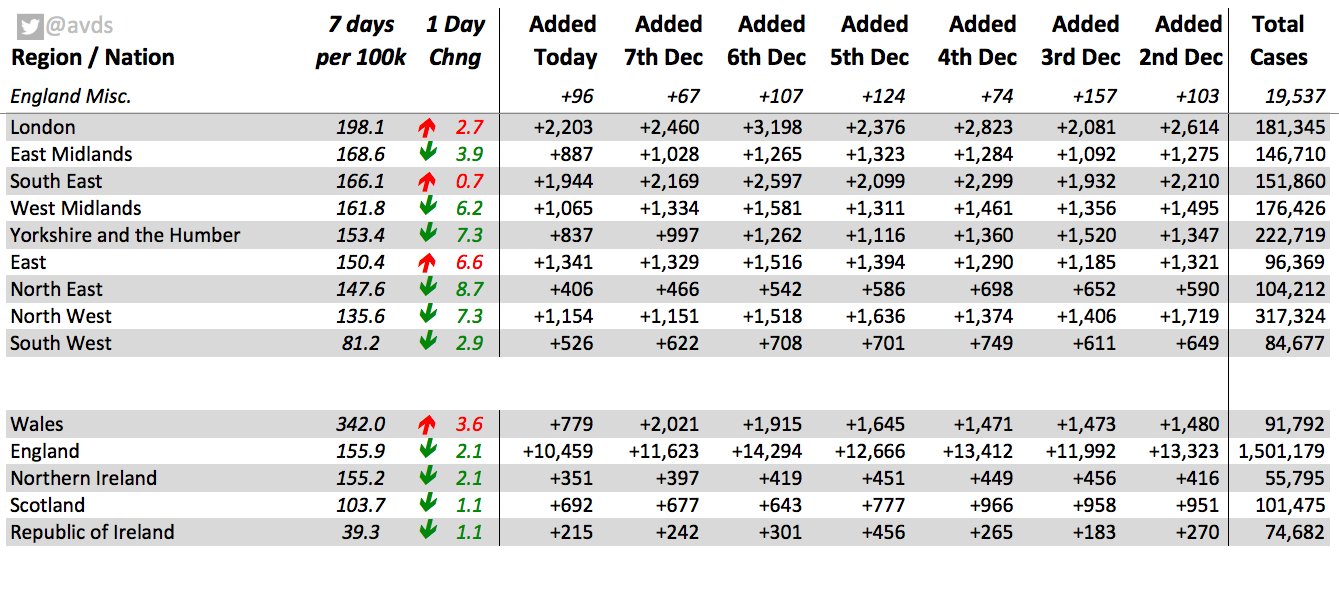Coronavirus: Sputnik V vaccine rushed out to wary Russians
By Sarah Rainsford
Its name alone speaks of Russia's ambition: Sputnik V, the country's leading vaccine against Covid-19, is meant to be a world-beater just like its cosmic namesake.
Back in August, it was the first to be registered for emergency use although it had only been tested on a few dozen people. Now doctors, teachers and social workers are being offered Sputnik V in a mass inoculation campaign ordered by President Vladimir Putin. Its timing, just ahead of a similar launch in the UK, is unlikely to be a coincidence.
But Sputnik V is still in the midst of trials to check that it's safe and actually works, making some Russians wary of receiving it yet. And despite a fanfare over the vaccine's grand rollout, there are still problems scaling up production.
In a sense, this is no "launch" at all. Russian health workers have been getting vaccinated in tandem with the official trials for several months. Teachers have been eligible too, and VIPs including President Putin's own daughter have had the jab. The list is said to total more than 100,000 people.
Bold claims
"All of the staff here have been vaccinated," nurse Oksana Konstantinova confirms, as she removes a tiny glass bottle of vaccine from the deep freeze at a Moscow clinic.
Sputnik V has to be stored at -18C at least in its liquid form. There are plans for a more practical, powder version of the vaccine but it's not yet being made in large amounts.
Why did she accept an experimental jab? "We have to be able to say that the vaccine is safe and necessary in the current situation," the nurse explains. "I was worried a bit. I am human! But I realised it was a fuss about nothing."
Sputnik's backers claim it offers 95% protection against the coronavirus, putting Russia's offering right up alongside the vaccines of teams in the US and Europe. But here, the data released so far is based on interim results only - after just 39 trial volunteers caught Covid. That haste - coupled with such bold claims - has raised eyebrows.
"We hope the vaccine is effective, but it's difficult to trust some of the figures," argues Svetlana Zavidova, whose organisation monitors clinical trials in Russia.
She also lists concerns that Sputnik's developers injected themselves with their own vaccine and that the product was registered for use after such limited trials.
"We don't see the point of such a rush, other than announcing how we beat the rest of the world," Zavidova says. "I think there's a struggle between scientists and politicians, and the latter are winning."



